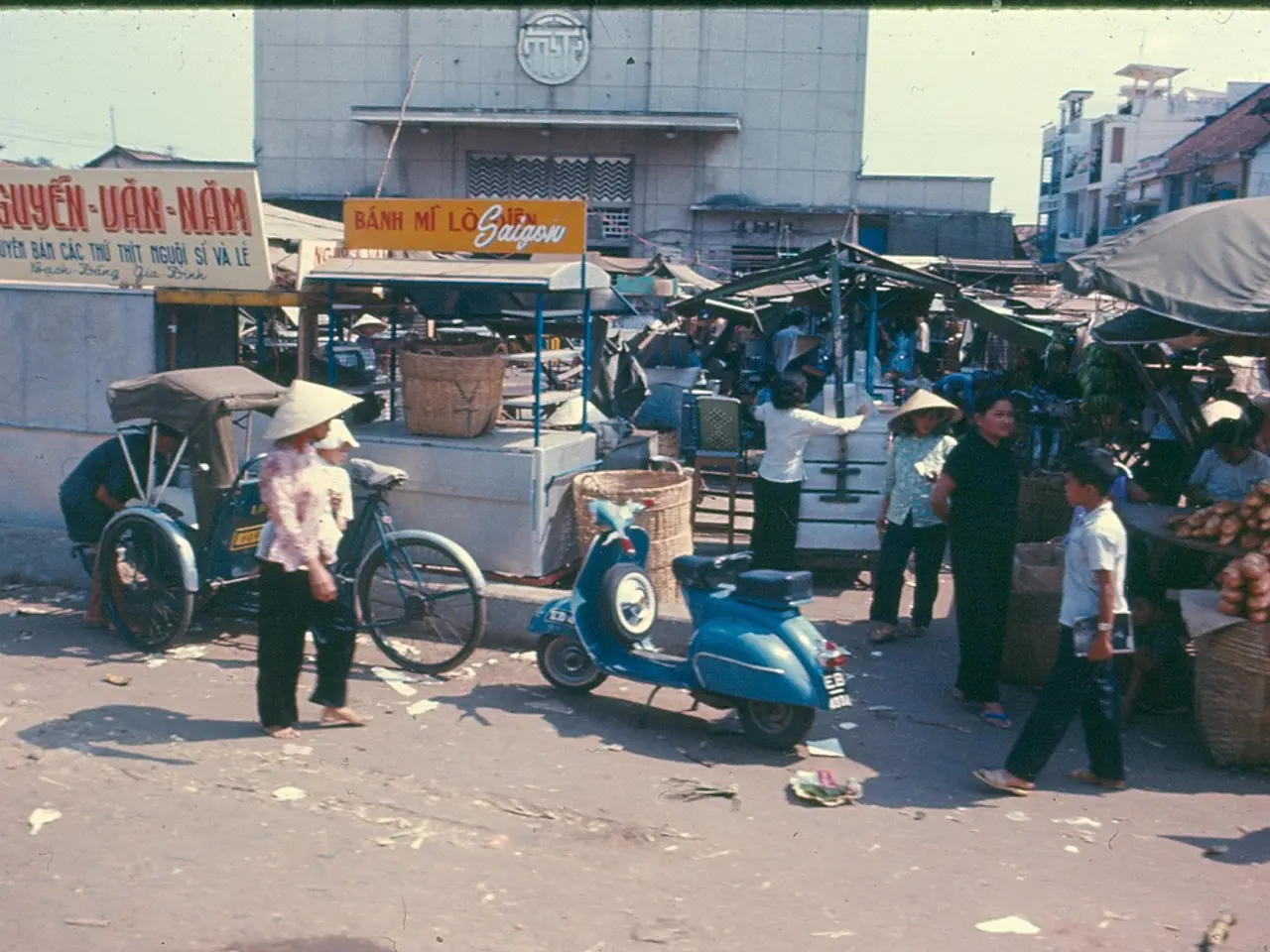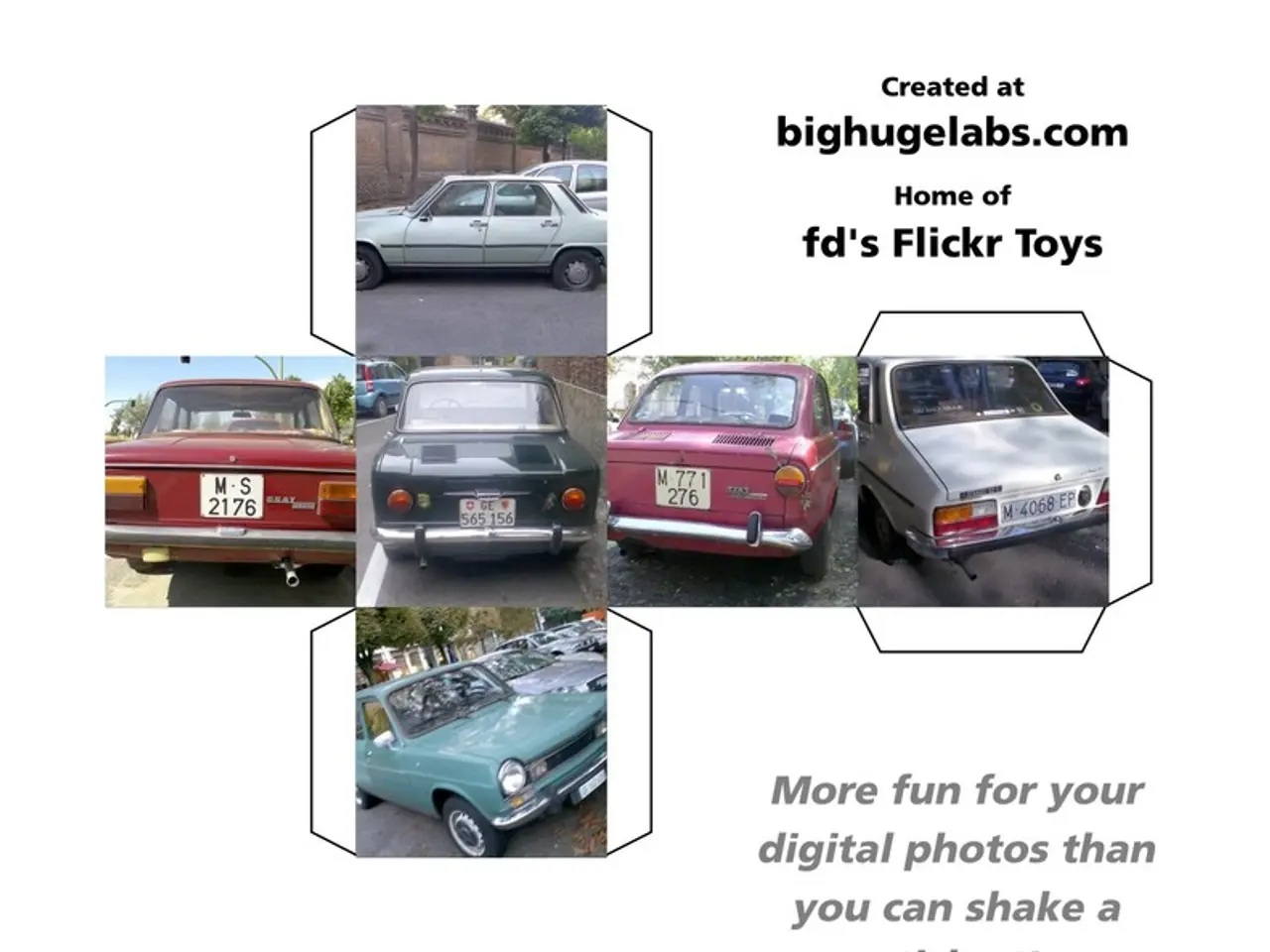Nigerian Electronic Waste Recycling Sector gets support from Goodwell and Alitheia
In a significant move towards addressing the growing e-waste challenge, the uMunthu II fund has invested €3.5 million in Hinckley E-Waste Recycling Ltd, marking the fund's first waste management investment in Nigeria and Goodwell's entry into Africa's waste sector.
This funding will be used to build lithium-ion and lead acid battery recycling plants in Ogun State, Nigeria. The aim is to process up to 30,000 tonnes of e-waste annually and expand export operations.
Nigeria, the largest e-waste producer in West Africa and the third largest in Africa, generates an estimated 500,000 tonnes of e-waste yearly. Recycling rates in sub-Saharan Africa are extremely low, with only 1-15% of generated e-waste being recycled. This lack of recycling leads to environmental harm and health risks for informal waste collectors.
Hinckley's focus is on formalizing and regulating the recycling sector. The company employs around 100,000 Nigerians via local collection networks and supplies major brands like Samsung and HP. Hinckley has won awards for e-waste recycling and collaborates with programs like UK Aid’s Manufacturing Africa and IKEA Foundation-supported clean energy projects to deploy second-life batteries.
The investment aligns with uMunthu II’s impact objective to create healthier environments, safer jobs, and better livelihoods by professionalizing an informal sector that carries heavy socio-environmental risks. It also supports the sustainable recycling of core battery materials, which is important due to growing demand from electric vehicles and renewable energy industries.
Moreover, Hinckley sources most of its e-waste from a network of local informal collectors. The investment is expected to improve the working conditions and safety of these collectors, thereby reducing health risks.
The investment by uMunthu II is timely, as e-waste is one of the fastest-growing waste streams worldwide. West Africa generates 750,000 tonnes of e-waste annually and is projected to exceed one million tonnes by 2030.
Goodwell and Alitheia, the investors behind uMunthu II, are laying the groundwork for further investments in circular economy ventures. This investment is part of their broader strategy to support women-led green businesses in various African countries and contribute to the global fight against climate change.
As the International Court of Justice has ruled that countries must prevent climate damage, investments like this one by uMunthu II in Hinckley E-Waste Recycling are crucial in advancing Nigeria's e-waste recycling capacity and formalizing a crucial segment of the circular economy.
- The uMunthu II fund's investment in Hinckley E-Waste Recycling Ltd marks a foray into Africa's waste sector, with the aim of creating a healthier environment, safer jobs, and better livelihoods through socially impactful investing in affordable housing, real-estate, science, environmental-science, finance, and private equity sectors.
- The investment will be used to establish recycling plants for lithium-ion and lead acid batteries, contributing to the sustainable recycling of core battery materials, which is crucial due to growing demand from electric vehicles and renewable energy industries.
- Hinckley's focus on formalizing and regulating the recycling sector will help reduce environmental harm and health risks for informal waste collectors, sourcing e-waste from a network of local collectors and collaborating with organizations like UK Aid’s Manufacturing Africa and IKEA Foundation-supported clean energy projects.
- As e-waste is one of the fastest-growing waste streams worldwide, particularly in West Africa, the investment by uMunthu II is timely and aligns with Goodwell and Alitheia's broader strategy to support women-led green businesses and contribute to the global fight against climate change by generating a positive environmental, social, and economic impact.




